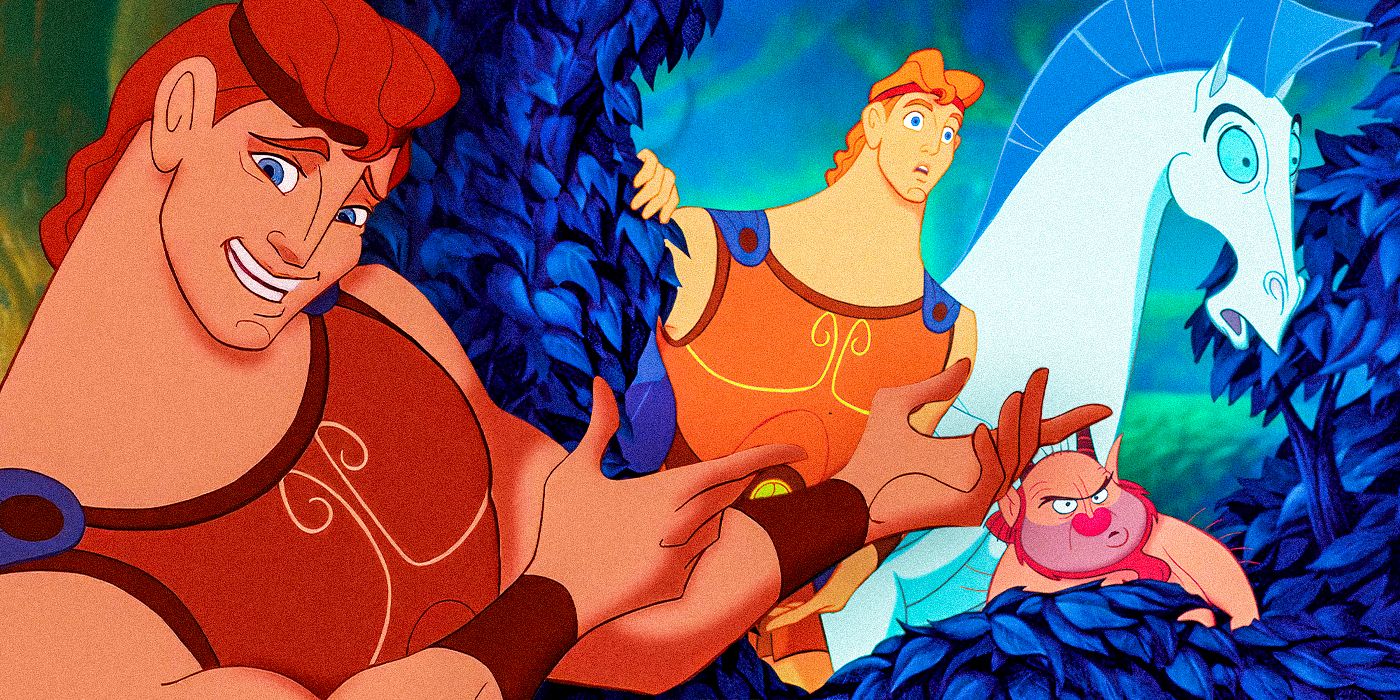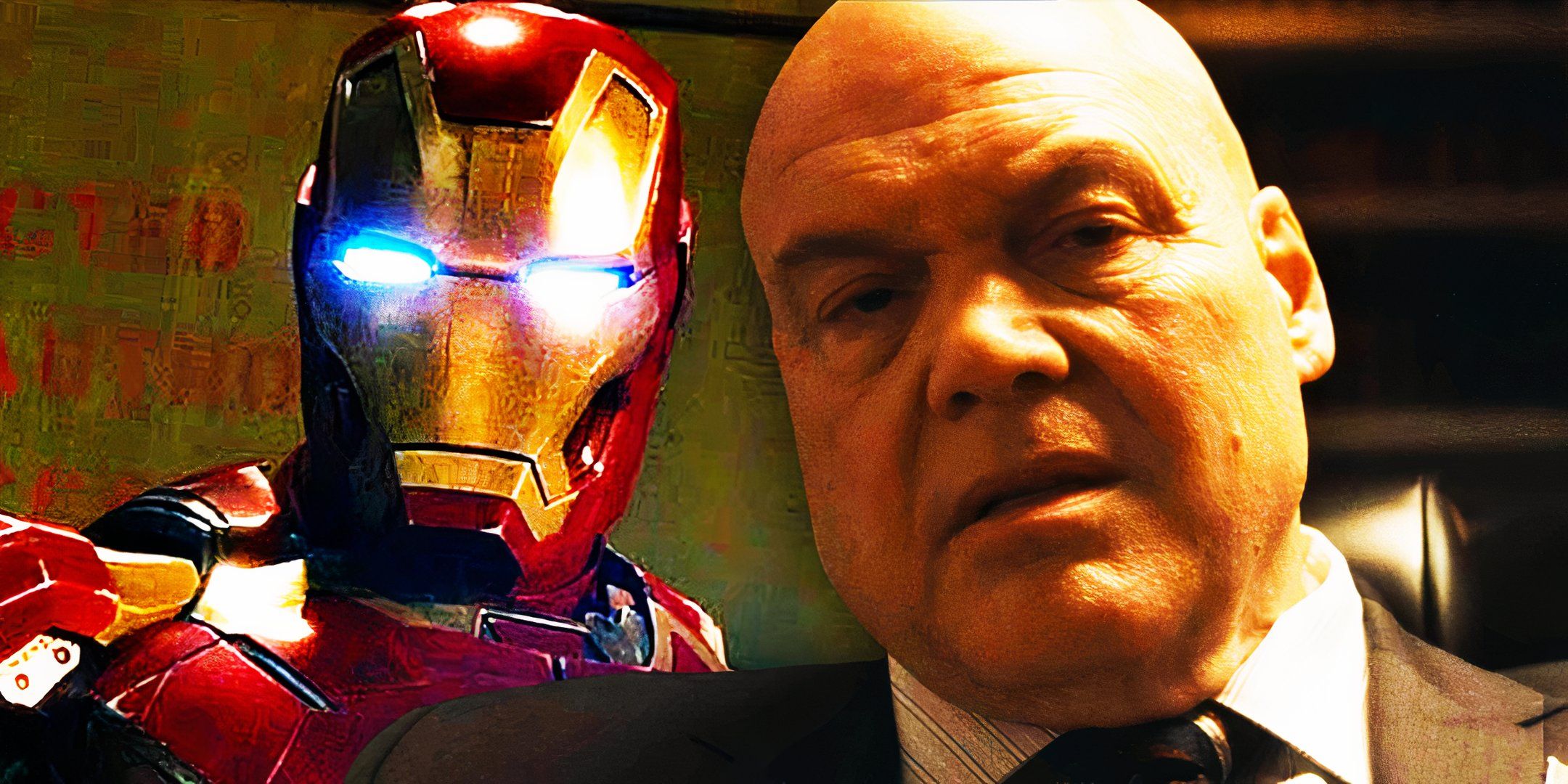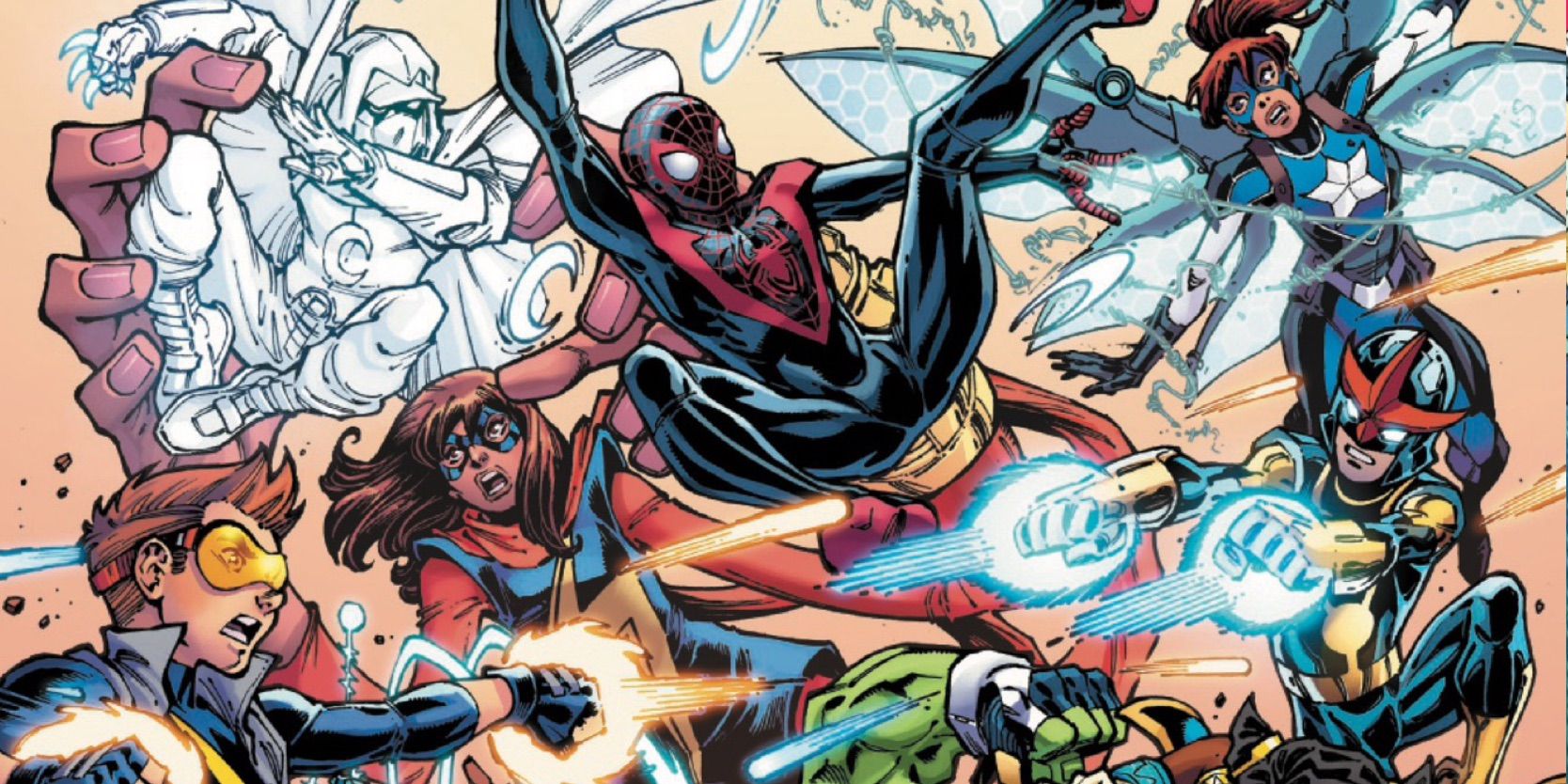6 Things Disney's Live-Action Hercules Must Get Right About The Original
Summary The live-action Hercules must recapture the original's most vital story and design elements.
Danny DeVito's Phil having the right personality and design are key to success.
Hercules' journey from hubris to heroism is essential to the story and themes of Greek mythology.
Disney’s live-action remake of Hercules needs to recapture some vital elements of the animated movie to be successful. In the style of the Disney Renaissance, Hercules recounts a version of the legendary hero’s life and adventures with some underrated songs and supporting characters. Like with many remakes, there are some design difficulties with adapting characters intended for animation into the live-action medium. This is in addition to storylines that are incredibly compelling in the original and fans might not want to see adapted again.
However, with the live-action Hercules among the upcoming Disney live-action remakes, Disney’s producers, writers, and designers will soon be dealing with the specific challenges of this story. The recent remake of The Little Mermaid cast actors who captured the spirit of the characters while making them their own, while the production design and musical numbers have the same grandiose quality as the animated versions. Yet none of this will matter if the most important parts of Hercules’ story aren’t there, which includes the title character’s journey from an awkward teenager to a humble hero.
Related Disney Live-Action Remakes Ranked Worst To Best Recently, Disney has cashed in on nostalgia and is making many live-action remakes of some of their animated classics. Letterboxd ranks the best here.
6 Phil's Character & Design
Hercules' mentor Phil needs to be just as memorable.
Close
One of the things that makes Hercules an underrated title of all the Disney Renaissance movies is its cast, the most famous of whom is probably Danny DeVito, who voices Hercules’ mentor Philoctetes “Phil.” DeVito returning as Phil in the live-action Hercules would probably be the best way to construct a version of the character that is faithful to the original. DeVito would doubtlessly be able to deliver on reused and new biting remarks as Phil.
Additionally, the character’s design is not the most complicated to render in live action. Phil is a satyr, one of the half-goat beings who show up in Greek mythology as the allies and teachers of demigods. The animated rendition of Phil is more exaggerated; his minuscule, stout stature mainly serves to provide a subtly humorous contrast to Hercules. However, other movies and shows have proven that creating a satyr/faun character is not too difficult and generally looks good.
Grover’s design in the new Percy Jackson and the Olympians show is not the best example because he is usually wearing modern cargo shorts over his goat legs. However, even in 2005, The Lion, the Witch, and the Wardrobe showed off a version of Mr. Tumnus that was whimsical but realistic. Additionally, there are opportunities to retell Phil’s arc in a new way that captures the spirit of the old movie while emphasizing it further. Phil briefly talks about the past heroes he trained who died in battle; having him discuss this more at other points in the movie could be a good addition to the story.
Danny DeVito's return as Phil is rumored, but not confirmed at the time of writing.
5 The Disney Vision Of Olympus
The live-action Hercules needs to feature a breathtaking Olympus set.
Close
Regardless of what approach Disney decides to take with the gods’ characterizations, the setting of Olympus and the presence of the gods still need to have a majestic, otherworldly quality.
The Olympus that is seen in the original Hercules is strongly romanticized and Disney-fied, with the Olympian gods all being given playful, cartoonish designs. Meanwhile, the entire setting is characterized by pastel clouds and opulent architecture. The live-action Hercules can fix the original’s controversial changes to Greek mythology by having Hercules' parents be Zeus and Alcmene rather than Zeus and Hera. This could lead to a less sympathetic picture of the gods when Hera tries to kill Hercules several times due to him being the result of one of Zeus’ affairs.
However, regardless of what approach Disney decides to take with the gods’ characterizations, the setting of Olympus and the presence of the gods still need to have a majestic, otherworldly quality. The studio recently achieved the complicated underwater production design of Atlantica, Ariel’s grotto, and Ursula’s lair, and will probably do something similar with Olympus by utilizing CGI. Olympus’ design is important to the story because it needs to visually represent the idea of a birthright that Hercules aspires (rightfully or wrongfully) to live up to.
4 Hades' Look
Hades' fiery blue hair is challenging to capture in live-action.
Close
Hades remains one of the best Disney villains of all time because of his sassy and sarcastic persona, amazing one-liners, and memorable design. Recreating the character’s personality should not be too difficult with the right actor. Disney has proven its ability to find amazing actors to play the live-action versions of its classic villains, with Melissa McCarthy as Ursula and Marwan Kenzari as Jafar. On the other hand, it is Hades' ashen gray skin and flaming blue hair that presents some challenges for the live-action movie.
Hades’ is a character design that was intended for animation, and previous attempts to render it in live-action have produced middling results. Once Upon a Time went with regular hair with blue flames that appear occasionally, while The Descendants 3 opted for blue hair styled to look like the flames. The best results are probably somewhere between these two approaches. That is without considering the rest of Hades’ look, proving that the costume, makeup, and CGI departments will all have their hands full.
3 Megara's Backstory
Megara's story should not be abridged but expanded.
Close
In her backstory, Hercules’ love interest Megara “Meg” sells her soul to Hades to save the man she loves, only for him to leave her. Therefore, she is apprehensive about her burgeoning feelings for Hercules. Meg’s storyline in the animated Hercules is interesting and comprises the barest allusion to the gods and heroes’ mistreatment of women in Greek mythology, making it an important plot point to keep in the remake. The writers might even consider elaborating upon this storyline, giving Meg more screen time to discuss her past and making her more defensive around Hercules.
Despite her reservations, she admits to being in love with him remarkably fast — essentially within the span of one song. The animated Hercules presents a censored version of Greek mythology, but Disney’s Percy Jackson show’s criticism of the gods in the Medusa storyline shows how the studio’s writers are considering this material now. Being more critical of the past hero who betrayed Meg will make the point of her story more poignant, even if its basis can still be found in the original.
Related 30 Disney Princesses And Heroines, Officially Ranked Disney is chock full of strong-willed ladies and powerful princesses but which one of them deserves to be called "number one."
2 Hercules' Hubris
Hercules' character arc is an essential part of Disney's movie.
Close
Hercules learns to be humble and becomes a true hero when he almost sacrifices himself to save Meg.
After being stripped of (most of) immortality as a baby, Hercules is raised by mortals and struggles to manage his inhuman strength. Once he is trained and begins accomplishing heroic exploits, Hercules quickly becomes too arrogant for his own good, demanding to know why he cannot ascend to Olympus to live with the gods. He gains a sense of humility when he is willing to give up his strength to save Meg, and later when he does save her from the Underworld.
Pre-training Hercules will hopefully not result in another weird CGI moment that can’t be unseen to create a skinny version of a buff actor. On the other hand, the actor needs to portray Hercules’ growing hubris without being completely unlikable. Hubris, meaning pride, is a key theme in many Greek myths, and it is no coincidence that the creative minds of the Disney Renaissance decided to have this play an important role in their version of the story.
Hercules learns to be humble and becomes a true hero when he almost sacrifices himself to save Meg. It is a straightforward action that serves as the benchmark of his heroism. The writers of the new movie might leave this plot point as is, or they may write a more complex way for Hercules to become a better hero. Either way, the live-action Hercules must capture this theme from the previous movie in a way that comes across in the updated medium.
Disney is rumored to be looking to cast Michael B. Jordan as Hercules, but this is unconfirmed at the time of writing.
1 The Muses' Opening Number
"The Gospel Truth" is the best part of Hercules.
Close
Doubtlessly one of the most iconic scenes from Disney’s animated Hercules is the opening number, where the Muses take over from a dull narrator and introduce the basics of Greek mythology in the style of a Gospel choir with “The Gospel Truth.” This musical number blends lighting and choreography that complements the style of the music with animated illustrations of the history of Zeus’ conflict with the Titans. While recreating the setting for this number is key, finding an amazing cast for the five Muses will guarantee its success.
The Muses also sing other hit songs from Hercules, such as “Zero to Hero” and “A Star Is Born.” The Muses are voiced by various performers with careers in Broadway and music, focusing on the Gospel and R&B genres. To achieve the best performance, the producers should look for actors with similar experiences. All the singers who originally voiced the Muses are still alive and technically could reprise their roles, even if it would be difficult to re-recruit them all.
Additionally, the five Muses' individual personas are expressed in Hercules, which the live-action remake must also do. For example, Thalia, the Muse of Comedy, has some slapstick moments of falling over and running to keep up with the others, while Melepomene, the Muse of Tragedy, narrates Hercules' separation from his parents. Small details like these should be carried over to Disney’s latest live-action remake so that it has the same texture and impact as the original.











COMMENTS